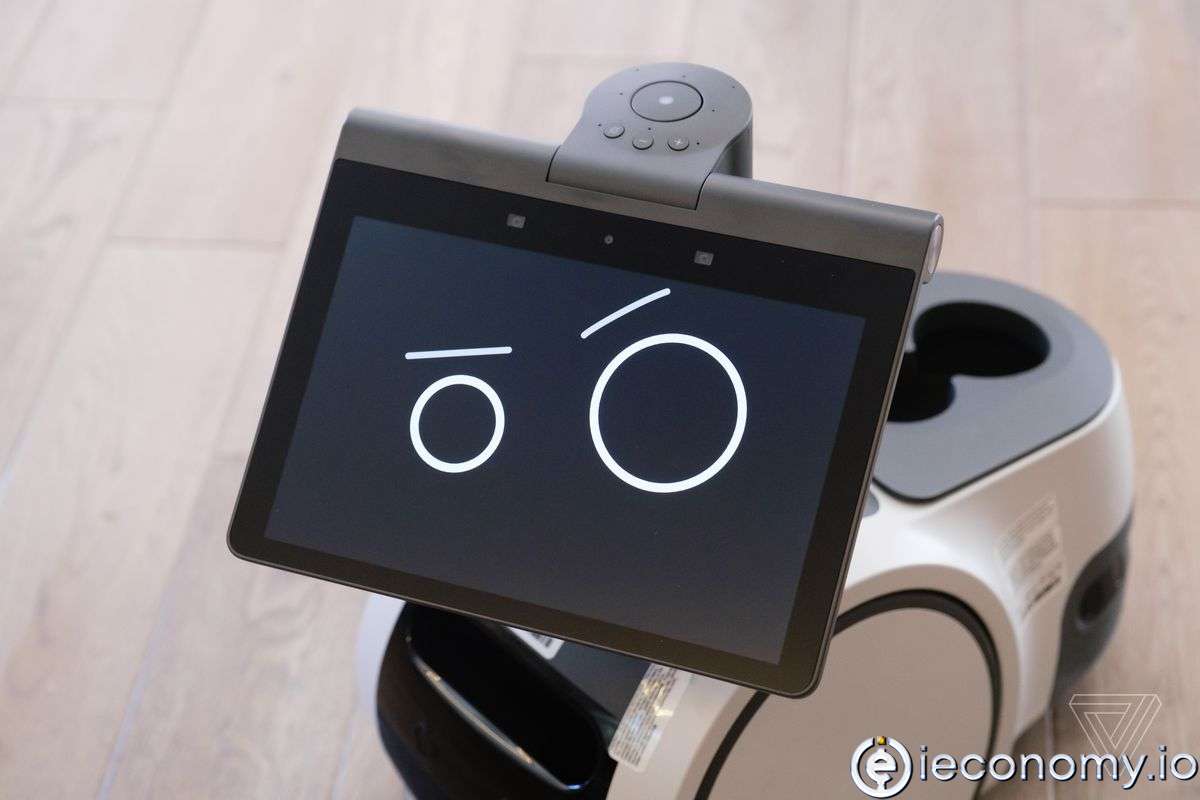10748
0
Amazon wants to become a pioneer in household robots
Amazon wants to become a pioneer in household robots. They believe that in five to ten years every household will have at least one robot.

Yazar: Tom Roberts
Yayınlanma: 1 Ekim 2021 02:51
Güncellenme: 19 Şubat 2026 11:38
Amazon wants to become a pioneer in household robots
Amazon wants to become a pioneer in household robots. The first device, called Astro, has a screen, can capture its surroundings with a camera and microphone, and moves around the house on wheels. "We believe that in five to ten years every household will have at least one robot," said Amazon's equipment manager Dave Limp. Until then, the group wants to expand its strong position in the networked home with new devices and functions for its voice assistant Alexa. Judging by how you imagine household robots, Astro is just a relatively tentative start. The device can mainly be used for communication and as a kind of mobile security system. Astro, which is about the size of a vacuum cleaner, can also accompany older family members through the house. And he has a cup holder. Limp, who has been testing the robot in his own house for around a year, found a practical use for it: "I can tell him, find my wife" - and Astro then drives a drink in the holder over to her. Small devices can also be connected to the USB-C port next to it - such as a machine that can throw out dog treats. To be useful, the robot must know and recognize the faces of the residents of a house. Amazon particularly emphasizes that precautions have been taken so that the moving camera does not pose a threat to privacy. Limp, for example, counteracts the concern that the robots can be tapped with a court order to monitor investigations. "We would never give the police access to the device." Any recordings are only available to users.İLGİLİ HABERLER





European stocks soared and focus shifted to German retail sales after Powell's speech!

Forex Signal For TRY/USD: Inflation Slowdown in November.

Forex Signal For GBP/USD: Bullish Trend Still Not Breaking While Recovery Continues.

Forex Signal For EUR/USD: Starry US Data Points to Higher Fed Increases.

Forex Signal For BTC/USD: Downside Continues as Bitcoin Recovery Moves Less.
En Popüler Haberler
Yorum Yap
Yorumlar
Henüz yorum yapan yok! İlk yorumu siz yapın...